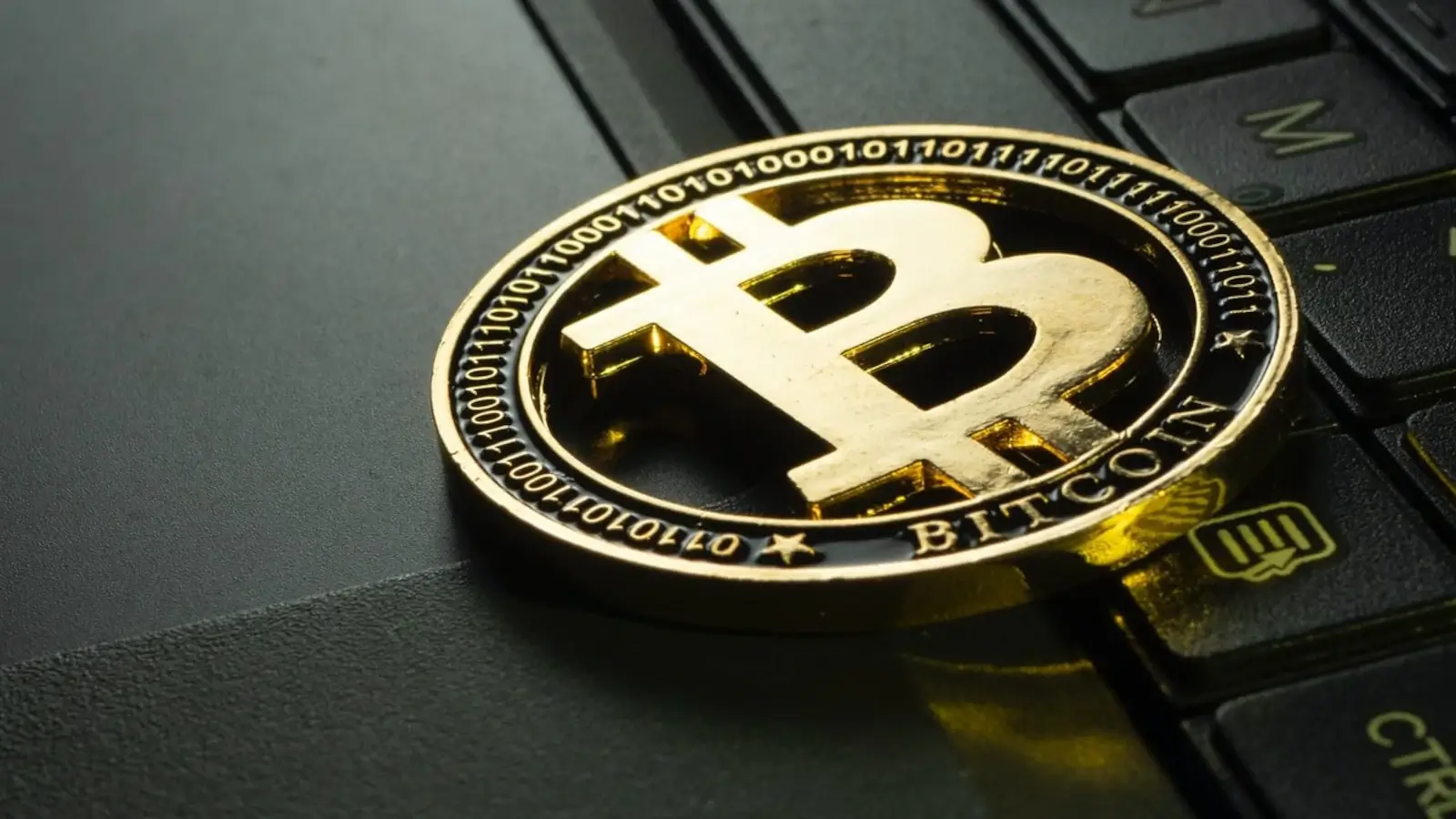Peter Schiff, a vocal advocate for gold and a frequent critic of cryptocurrencies, has made a surprising admission. In a recent interview, Schiff revealed he regrets not investing in Bitcoin during its early days. This unexpected shift sheds light on the growing mainstream acceptance of cryptocurrencies, even among their former detractors.

A History of Skepticism
Schiff, a prominent stockbroker and economist, has long been a champion of gold, touting it as a superior hedge against inflation and a more reliable store of value compared to volatile fiat currencies. He has also been a vocal critic of Bitcoin and other cryptocurrencies, dismissing them as speculative bubbles and Ponzi schemes.
A Change of Heart (Sort Of)
Schiff’s recent comments suggest a softening stance towards Bitcoin. While he maintains his core belief in gold’s long-term value, he acknowledges that he underestimated the potential of Bitcoin in its early stages. Here’s what he said:
“I would have bought it just betting on other people being dumb enough to buy it and pay a higher price.” – Peter Schiff
Schiff clarifies that his regret isn’t about missing out on Bitcoin’s potential as a valuable asset, but rather the opportunity to profit from the cryptocurrency’s rapid price increase. This distinction highlights the speculative nature of his potential investment.
Growing Mainstream Interest
Schiff’s change of heart, even if limited, reflects the growing mainstream acceptance of cryptocurrencies. Bitcoin, in particular, has gained significant traction in recent years, attracting institutional investors and becoming a household name. Here are some factors contributing to this shift:
- Rising Inflation Concerns: As inflation concerns mount, some investors are turning to Bitcoin as a potential hedge against rising prices, similar to gold.
- Technological Advancements: The development of blockchain technology, the underlying technology behind Bitcoin, is gaining traction across various industries, adding legitimacy to cryptocurrencies.
- Increased Regulation: Regulatory frameworks for cryptocurrencies are evolving, providing greater clarity and potentially reducing risks associated with these assets.
Gold vs. Bitcoin: The Debate Continues
While Schiff’s comments suggest a softening stance toward Bitcoin, the debate between gold and cryptocurrencies as investment vehicles continues. Here’s a breakdown of some key arguments:
- Gold: Supporters of gold point to its long history as a store of value, its limited supply, and its lack of correlation with traditional markets.
- Bitcoin: Proponents of Bitcoin emphasize its decentralized nature, its potential for faster transactions, and its divisibility, allowing for smaller investments.
The Takeaway: A Diversified Approach
Ultimately, the decision to invest in gold, Bitcoin, or both depends on individual risk tolerance and investment goals. A diversified portfolio that includes both traditional and innovative assets might be the most prudent approach in today’s evolving financial landscape.
Looking Ahead: Will Crypto Continue its Rise?
The future of cryptocurrencies remains uncertain. However, Schiff’s comments highlight the growing mainstream interest and potential for continued adoption of digital assets like Bitcoin. As the technology matures and regulations evolve, cryptocurrencies are likely to play an increasingly significant role in the global financial system.

